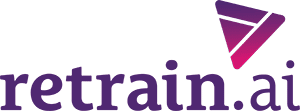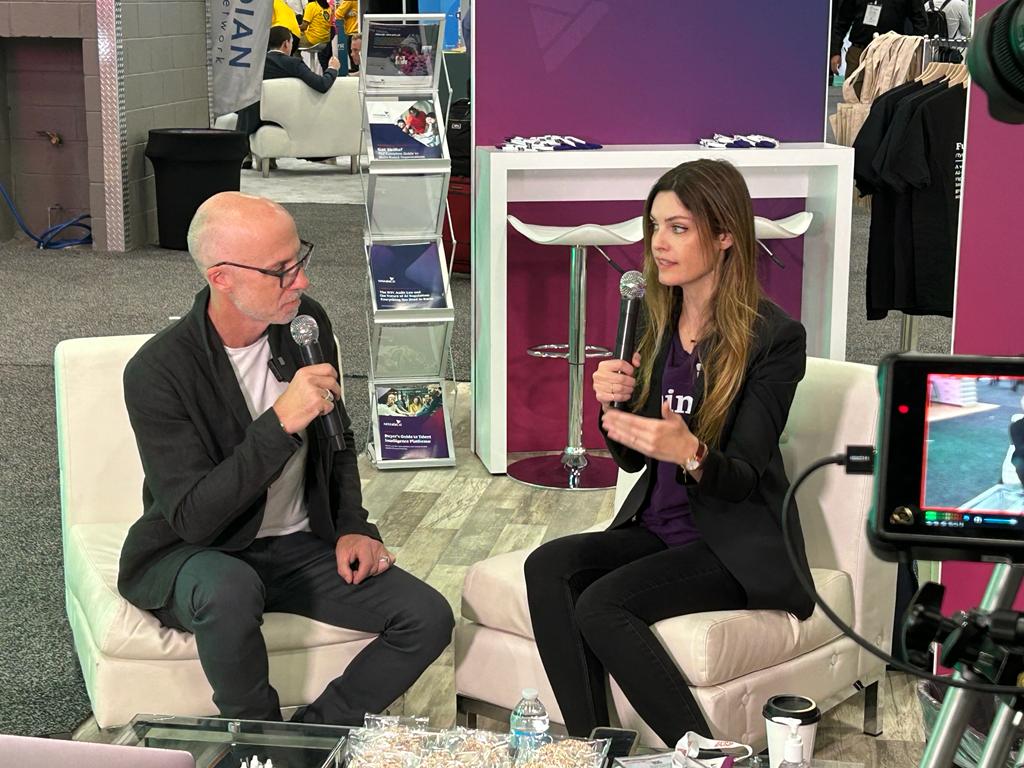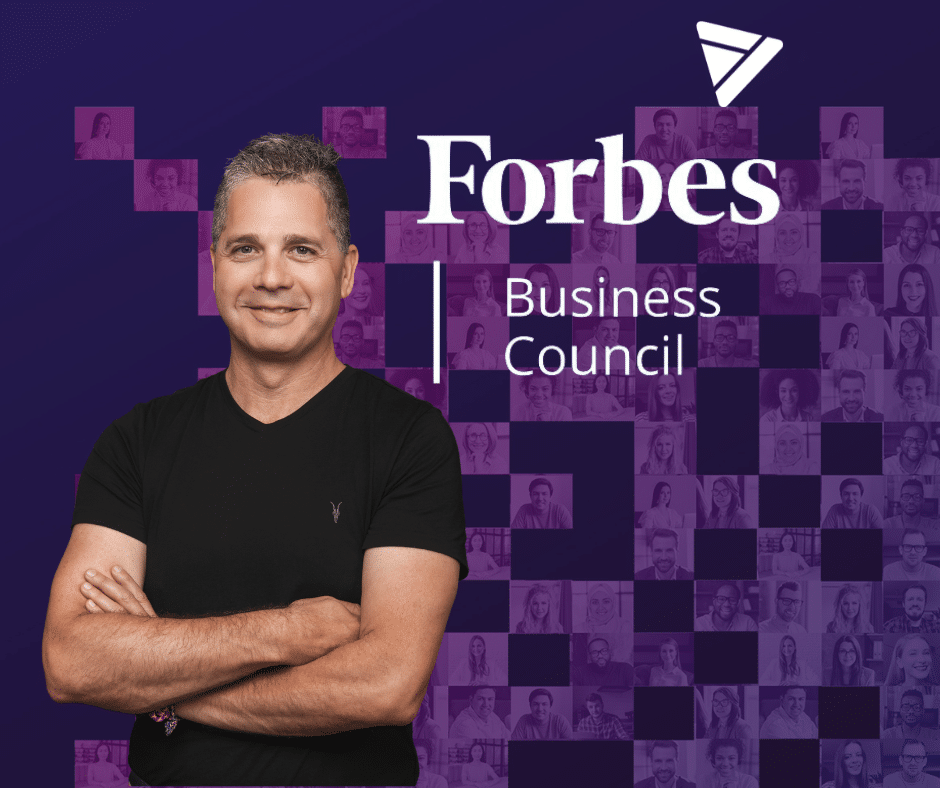Across industries, the state of workforce management has been rocked by perpetual change over the last three years. If one truth has arisen from trends like the war for talent and the great resignation, it’s this: People are an organization’s greatest asset.
Without the right people in best-fit roles, businesses risk obsolescence in a competitive landscape driven by new and evolving in-demand skills. So real is the challenge, a majority of CEOs have reported that the ability to hire and retain skilled talent is their most critical barrier to achieving growth.
Unified Language: The Importance of Skills
For HR leaders, the new world of work demands that talent have the specific capabilities needed in order to succeed in their role. Gone are the days of impressive titles or degrees; in-demand skills are what make or break recruiting efforts. Internal mobility is forever changed as well, with the upward professional ladder climb giving way to a more agile rock wall where skills-based opportunities can come from any direction in a myriad of forms. Roles, projects, gigs, mentorships, learning pathways–all are integral parts of today’s professional development spectrum.
AI: The Rise of Talent Intelligence
To break down every open role and job description into skills needed, or to scan every CV into skills language, would take a traditional HR team more hours than are even close to possible. Yet having a clear understanding of what skills they already have in their workforce, where the skill gaps are located, and which internal or external candidates can bring those skills to the table is critical to future-proofing their organization.
To both expedite the process, and to do so with granular precision, HR innovators are increasingly implementing talent intelligence solutions.
What is Talent Intelligence?
Talent intelligence is AI-driven technology that unifies, organizes and interprets a company’s internal data, and combines it with external data on market trends, emerging skills and labor statistics in a way that informs and empowers HR leaders to make better workforce planning business decisions. Similar to the groundbreaking capabilities demonstrated by ChatGPT, talent intelligence uses generative AI with similar language processing technology, but expands on the model to provide a fully explainable enterprise-level solution. Built on ethical, Responsible AI means such solutions actively mitigate the risk of unintended bias seeping into machine learning cycles, which can derail DEI hiring practices.
AI-driven Talent Intelligence and Skills Matching
Using talent intelligence to synthesize the combination of AI capabilities and skills-focused workforce development empowers HR leaders to make faster, better business decisions.
Skills Architecture
Making the best decisions around hiring and internal mobility means HR leaders need to have a clear, granular view of what capabilities their employees have, where the skills gaps lie, and how to future-proof their workforce through developing talent.
Using AI-driven talent intelligence to skills-map an enterprise workforce, HRs can establish unified skills language and an agreed-upon skills framework. Matching it with data insights, they can then align talent decisions with organizational goals.
Talent Acquisition
It’s estimated that in the U.S., it takes more than a month to fill an open position–and that on average, an HR leader must review more than 150 CVs for a single role. Multiply that across a large hiring initiative and there’s a very real cost to an enterprise, including recruiting expenses, time invested by departmental leaders and managers in supporting the hiring process, and the productivity disruption of a prolonged vacancy.
AI-driven talent intelligence helps HRs zero in on best-fit candidates more quickly by analyzing applicants at an atomic level, breaking down their talents into individual skills. Matching applicants with open opportunities, roles or projects based solely on skills means HR leaders can link candidates to best-fit roles with room to grow; and they support DEI goals by eliminating demographic or other information that can introduce unintended bias into the equation.
Talent Management
As millions of workers quit their jobs during the Great Resignation, one reason continually showed up in the research: Lack of opportunity for advancement. Put simply, at a time when there are more open roles than there are candidates going after them, HR leaders must strategize how to provide employees with a vision for future opportunities that will utilize, challenge and develop a worker’s skills.
AI-driven talent intelligence gives HRs a watchtower view of their workforce, including a granular understanding of employees’ strengths, skills gaps, potential capabilities and hidden talents. Fueled by these insights, HR leaders can provide their talent with personalized career pathing, internal mobility opportunities including roles, projects, gigs and mentorships–providing the kind of positive, proactive employee engagement that’s more likely to retain valuable talent.
retrain.ai is a talent intelligence platform designed to help enterprises hire, retain, and develop their workforce, intelligently. Leveraging Responsible AI and the industry’s largest skills taxonomy, enterprises unlock talent insights and optimize their workforce effectively to lower attrition, win the war for talent and the great resignation in one, data-driven solution. To see it in action, request a demo.










